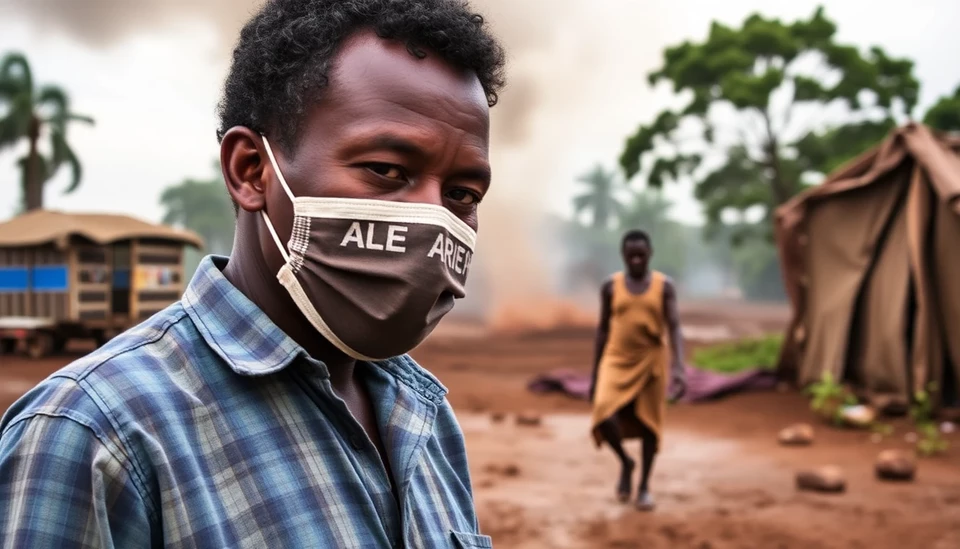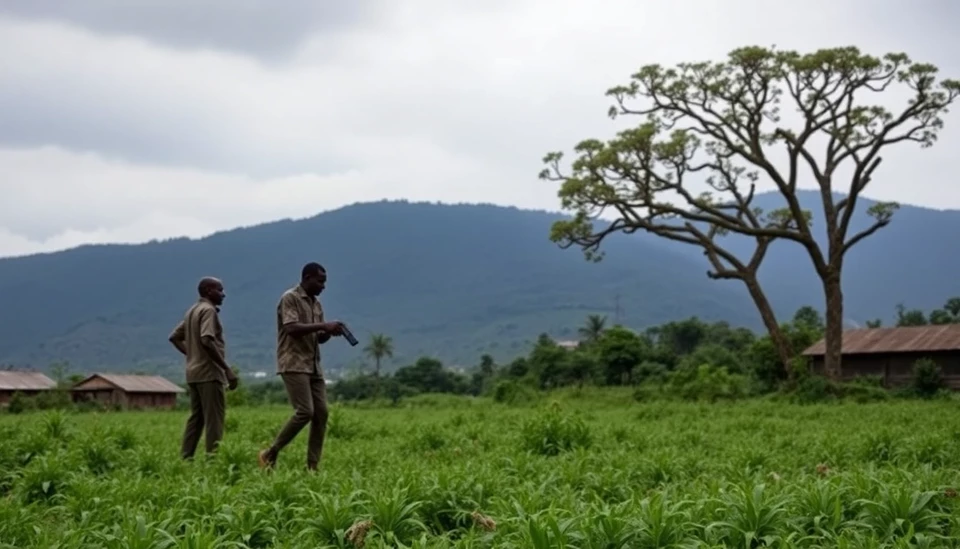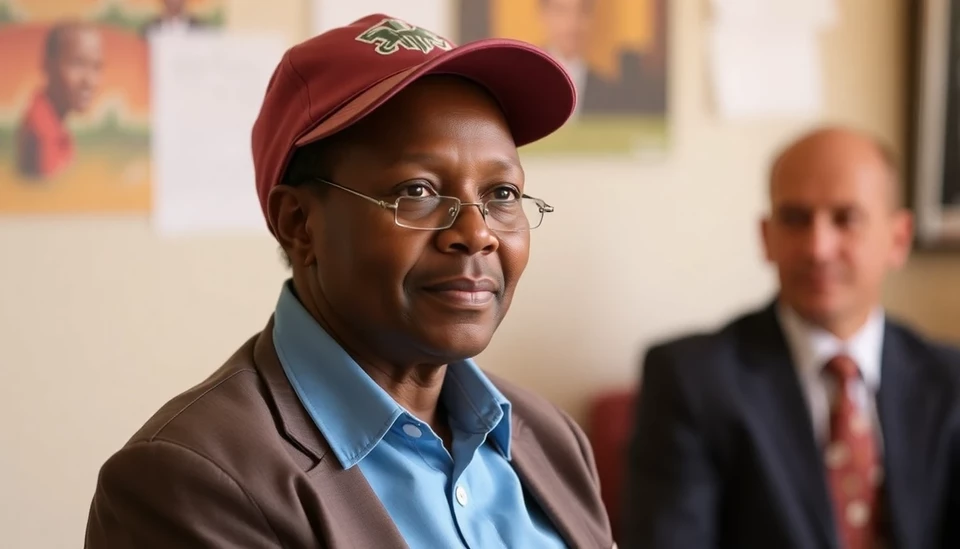
The ongoing conflict in eastern Democratic Republic of Congo (DRC) has reached alarming levels, endangering the health of millions as infectious diseases loom large over distressed populations. With armed groups clashing and entire communities displaced, the humanitarian situation is deteriorating rapidly, exacerbating the risks of outbreaks of diseases that affect vulnerable populations.
According to recent reports, the insecurity in the region has disrupted essential health services, leaving millions without access to vaccinations and basic medical care. The current violence, primarily driven by various militia groups, has not only displaced more than 5.5 million people but has also caused a devastating collapse of the healthcare infrastructure that many depend on for survival.
Doctors and health officials warn that the lack of immunization services and the spread of diseases such as cholera and measles pose significant threats. Without urgent intervention, these conditions could spiral into widespread outbreaks that would compound the existing humanitarian crisis. Health organizations are struggling to deliver aid, as the armed conflict restricts access to many areas in dire need of medical assistance.
Concurrently, there is a resurgence of respiratory infections, exacerbated by crowded living conditions in makeshift camps where displaced individuals are forced to reside. The health sector is bracing for a potential surge in cases, as the combination of overcrowding and inadequate sanitation creates an environment ripe for the transmission of numerous infectious diseases.
Humanitarian organizations such as the World Health Organization (WHO) and Médecins Sans Frontières (MSF) have called for immediate international intervention to restore stability and ensure that vital health services can resume. Efforts to vaccinate against preventable diseases and provide overall health care are essential to mitigate the risks posed by the deteriorating situation.
Moreover, the international aid community is advocating for a renewed focus on the crisis in eastern DRC. Increasing funding and support for local health initiatives is imperative to address both immediate medical needs and long-term health system rebuilding in the wake of the conflict. Experts emphasize that without proactive measures to manage health crises, the situation could devolve into a full-blown disaster.
The United Nations has also highlighted the urgent need for peace talks and negotiations to quell the violence. Stability is crucial not only for the restoration of health services but also for the overall well-being of the populace affected by years of conflict and instability.
As the situation remains precarious, the hopes for a resolution look fleeting, but the call for action is loud and clear. The well-being of millions hangs in the balance, with the looming threat of infectious diseases adding another layer of urgency to the already dire humanitarian crisis in eastern Congo.
In summary, the factors compounding the crisis are clear: violence, displacement, and the collapse of healthcare services. Immediate solutions and a united effort are crucial to prevent the potential health catastrophe that could further devastate the region.
#Congo #DRC #HumanitarianCrisis #InfectiousDiseases #HealthEmergency #MedicalAid #Conflict #Cholera #Measles #WHO #MSF #InternationalAid
Author: Samuel Brooks




